Guest blogger and AWC member, Judy DiGregorio.
Get mad, then get published
Anger erupted in me like hot lava when an editor met with me to critique my manuscript at a writing conference. His insensitive comments irritated me so much that I fled home after the session, sat down at my computer, and literally pounded the keyboard as I began to flesh out an article rebutting each thing he said. My fragile ego couldn’t handle honest feedback.
I wanted to be petted and stroked like my calico cat. I wanted to be tickled under the chin. Instead, the editor had informed me, in effect, that my writing had fleas. To work through my anger and frustration, I wrote an article about the experience called “Feedback: Who Needs It?” In the article, I addressed each criticism and suggestion the editor had offered during my evaluation.
After I cooled down, I realized the suggestions he offered me were invaluable. They were specific. They were accurate. They were true. I needed to hear them.
After several rejections, I successfully sold the article to Inscriptions, the e-zine for professional writers. Then I sent a copy of it to the editor, thanking him for the suggestions that had enabled me to publish the article. I was still a beginning writer, but I had already learned one lesson. Accept criticism gracefully and learn from it. I wanted to be the best writer I could be, but I could not improve without help.
I continued writing and submitting my work. During a particularly frustrating period, I received 27 rejection letters in a row. Finally, I received a handwritten note scribbled on the bottom of a form letter from an editor at Field and Stream. The note chastised me for not paying more attention to the magazine guidelines.
Under the note, the editor had scrawled a word that electrified me -- “Retry.” This editor obviously recognized my talent, even if she didn’t accept this particular piece. I kissed the letter reverently and stuffed it into my pocket. In my excitement, I pulled it out to read and reread.
Unfortunately, when I scanned the letter again the next day, I made a startling discovery. The scribbled word at the bottom of the page matched the signature block on the letter. It didn’t say ‘Retry.’ It said ‘Betsy,’ the editor’s first name. In my desperation to be published, I had misread the editor’s handwritten signature. My hopes of fame and fortune popped quicker than a balloon.
Back to the computer I crawled. I wrote an article detailing the experience entitled “Desperately Seeking Publication.” After several more rejections, I finally sold this article to Inkspot, another online publication for writers. Unfortunately, Inkspot folded before publishing it so I resold the article to The Writing Parent .
After publishing several articles in regional and local magazines, I lobbied the editor of our local paper to give me a humor column. I informed him that I was dependable, funny, and cheap. He didn’t care. I left him sample columns and persisted in visiting him every three months. After nine months, he finally gave me a column -- to stop my visits, I guess. Unfortunately, he took another job after my column appeared four times. The interim editor cut back on local columnists so I was once more columnless.
When a new editor finally started work, I employed the same strategy I had with the first editor. Again, I had to wait almost a year. This time the editor offered me a humor column in the newspaper’s supplementary publication, Senior Living magazine. I accepted at once and am still writing for it. The pay is low, but the exposure is high. The magazine is distributed in hospitals, fitness centers, credit unions, and hotels. Writing for Senior Living has given me a great deal of visibility and added to my writing credentials.
I’ve learned quite a bit since that first painful writing critique several years ago. I’ve learned to handle rejection and accept criticism. I’m a woman of small talents and big feet. Yet, I’ve learned that patience and persistence enable me to successfully publish in a variety of newspapers, magazines, and anthologies. You can do it, too.
Just be patient, be persistent, and be published! #
JUST START
Stop procrastinating and start writing. Grab a pencil and paper or sit down at your computer. Write something. Write anything. Write a letter to your husband, your mother, or your doctor. Keep a small notebook with you and jot down any ideas that occur to you during your daily routine. Ideas are like bubbles so capture them quickly before they pop.
Take a writing class on the Internet or at a local college. Try to become the best writer you can be. Join a local writers’ group. Attend a writing conference.
Accept that you will have to make sacrifices to find time to write. Most of us work full time and write in our spare time. Turn off the television and turn on your brain. Cultivate this habit.
Review and revise your work after the first draft. Wait several days or weeks before doing it. What sounded like Shakespeare when you initially wrote it may now sound like gibberish.
Touch someone with your writing. Nothing will give you more encouragement than hearing the words, “I loved your article.” Polish and perfect your work before you submit it. Writing takes both skill and determination. All you have to do is start!
Judy DiGregorio is recognized as a Woman of Distinction in the Arts by the YWCA. She is also a Distinguished Alumna of New Mexico Highlands University. She has published hundreds of columns and essays in The Writer, Army-Navy Times, New Millennium Writings, the Chicken Soup books, and numerous anthologies and has worked as a humor columnist for Anderson County Visions Magazine, Senior Living andEvaMag. Judy's collection of humorous essays, Life Among the Lilliputians from Celtic Cat Publishing , was featured at the 2009 Southern Festival of Books in Nashville. She also participated in the 2010 Southern Festival with her second book, Memories of a Loose Woman. Celtic Cat Publishing also released a CD, Jest Judy, read by the author and available on itunes, and also published her third humor book, Tidbits, in the summer of 2015.
Judy has served on the Playhouse Board of Directors where she frequently performs on stage and has prepared over 100 press releases. She has been featured on Channel 10 “Your Stories” by Abby Ham, on Live at Five, and on WDVX Tennessee Shines Radio several times. Judy has spoken at the UT Writers in the Library Series, Oak Ridge National Laboratory, the Y-12 National Security Complex, as well as numerous writing conferences and festivals including the Tennessee Mountain Writers’ Conference in Oak Ridge, Alabama Writers’ Cooperative, and Chattanooga Writers Conference. In her spare time, Judy hangs out with her first (and last) husband and writes light verse and humorous essays, sings with the St. Stephen’s Episcopal Church Choir, performs Sephardic Hispanic music with Vera Maya, and cuddles her great granddaughter.












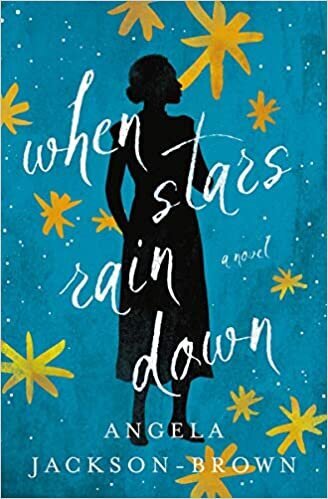
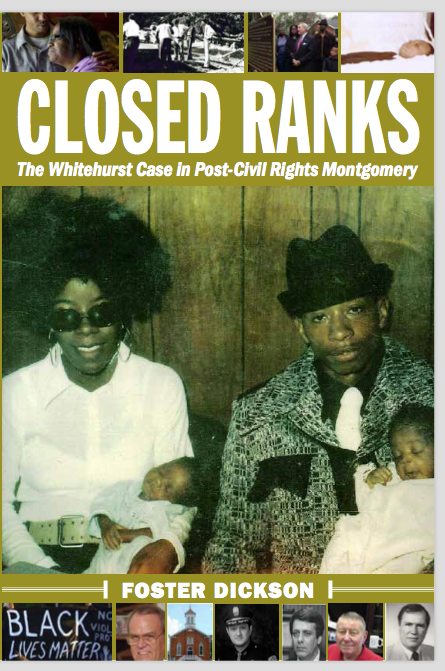

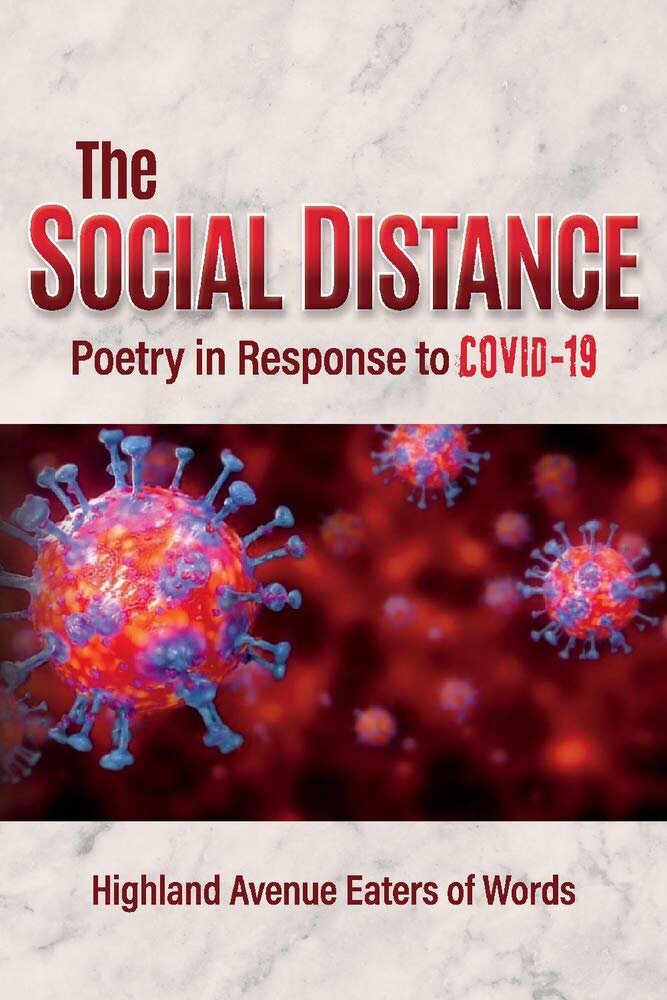
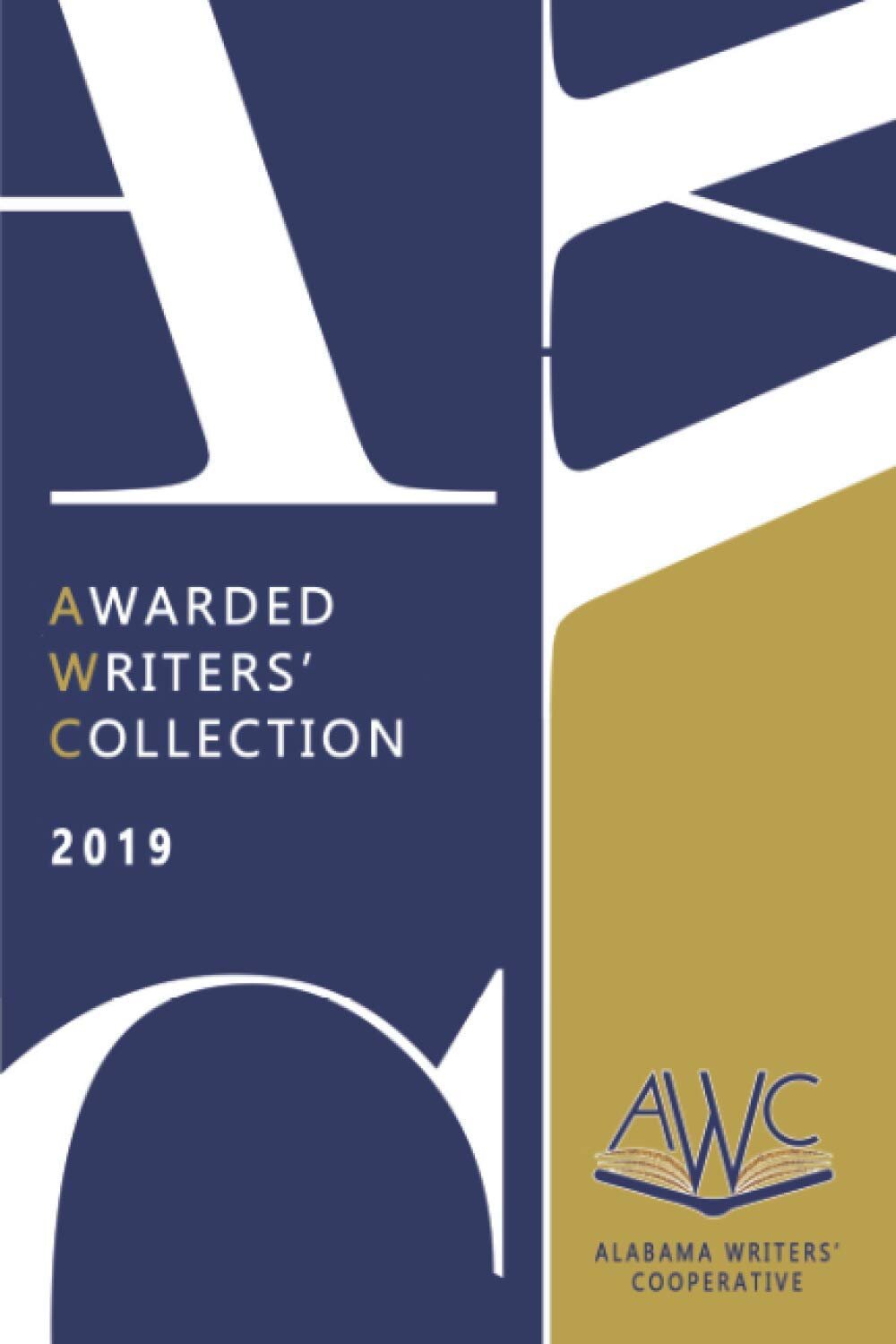
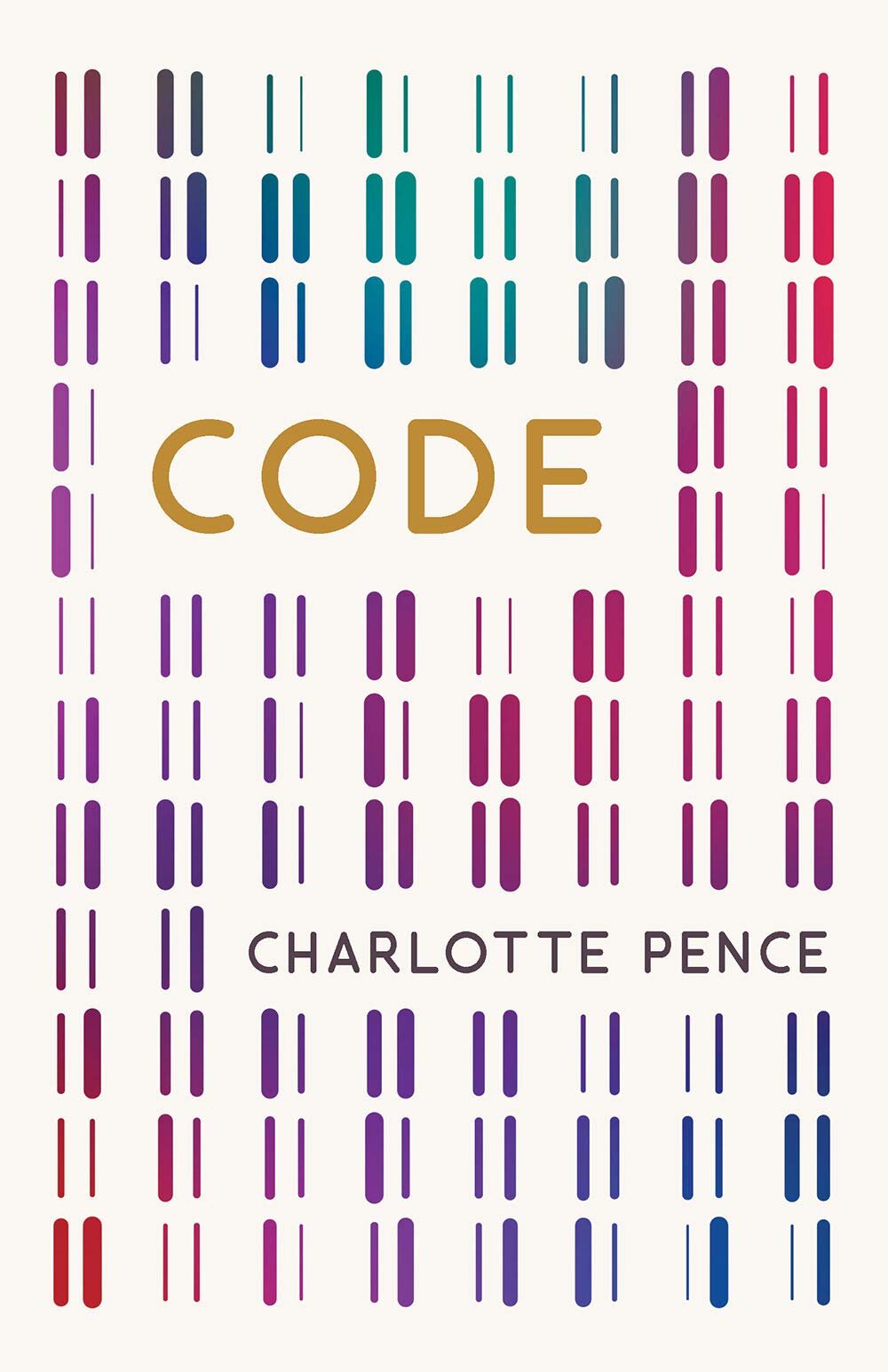
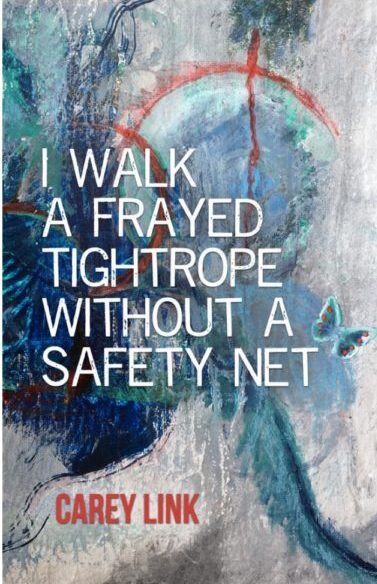
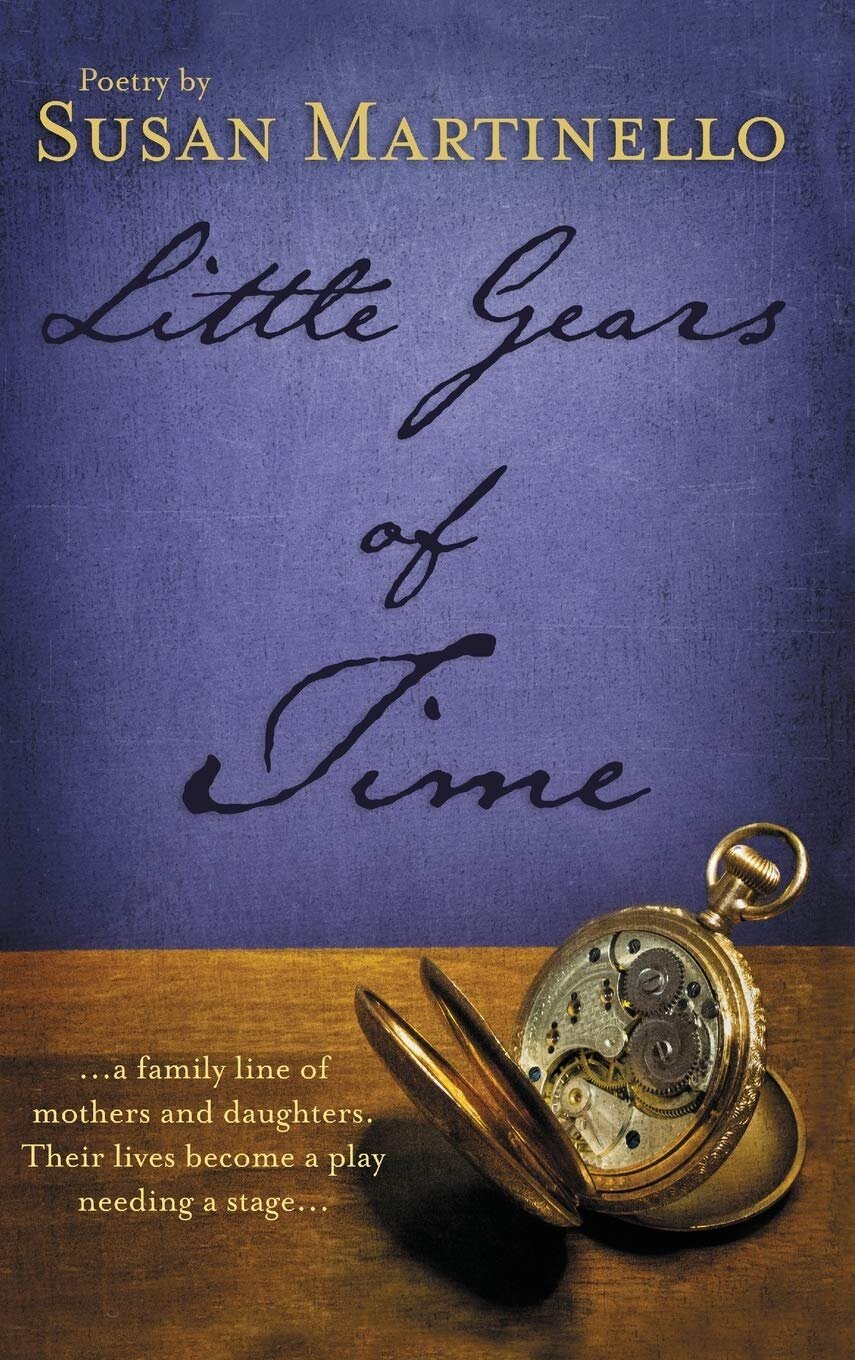
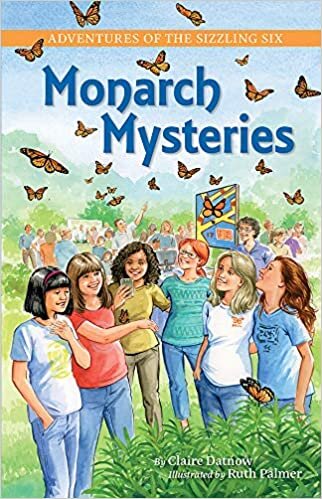
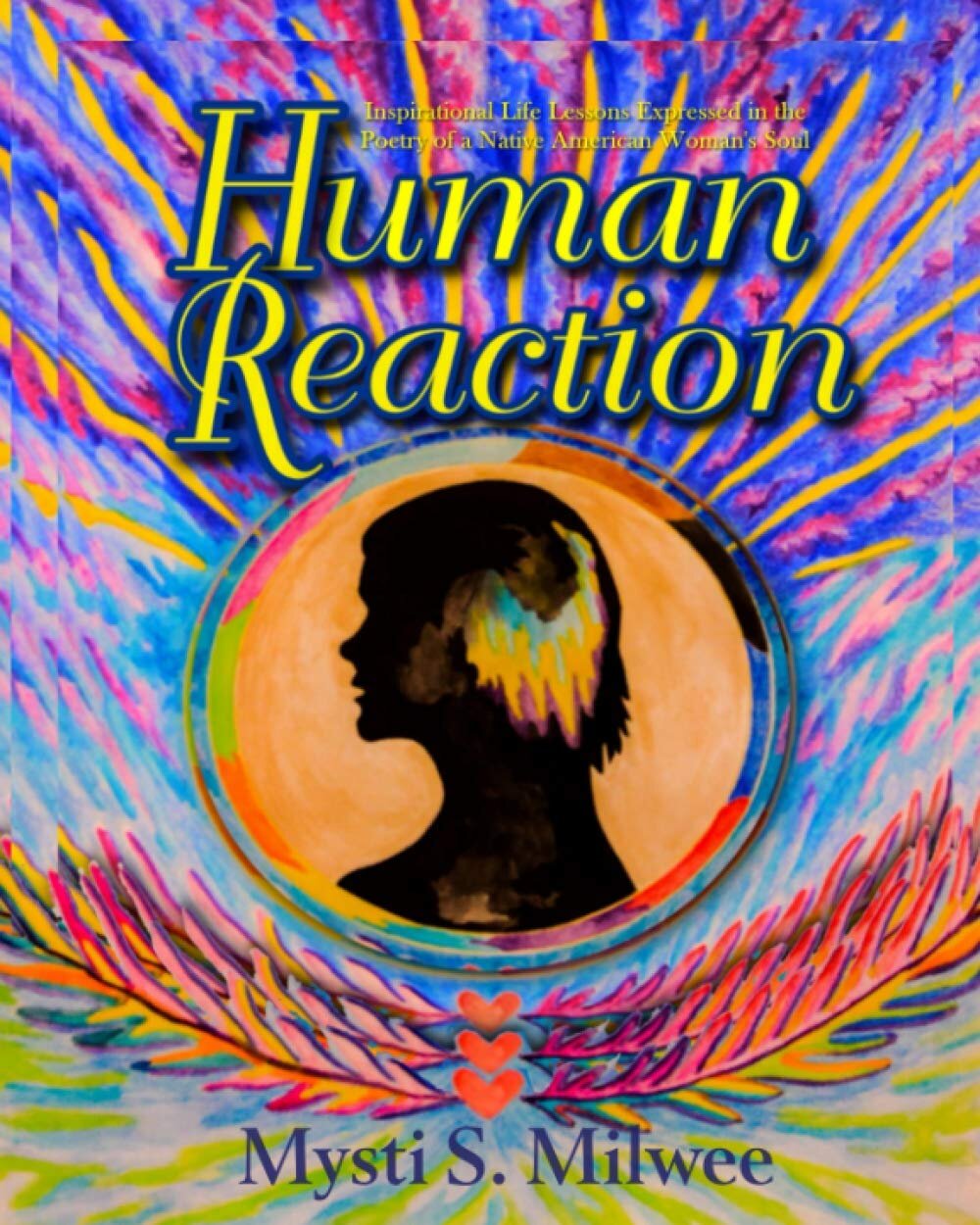
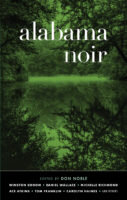
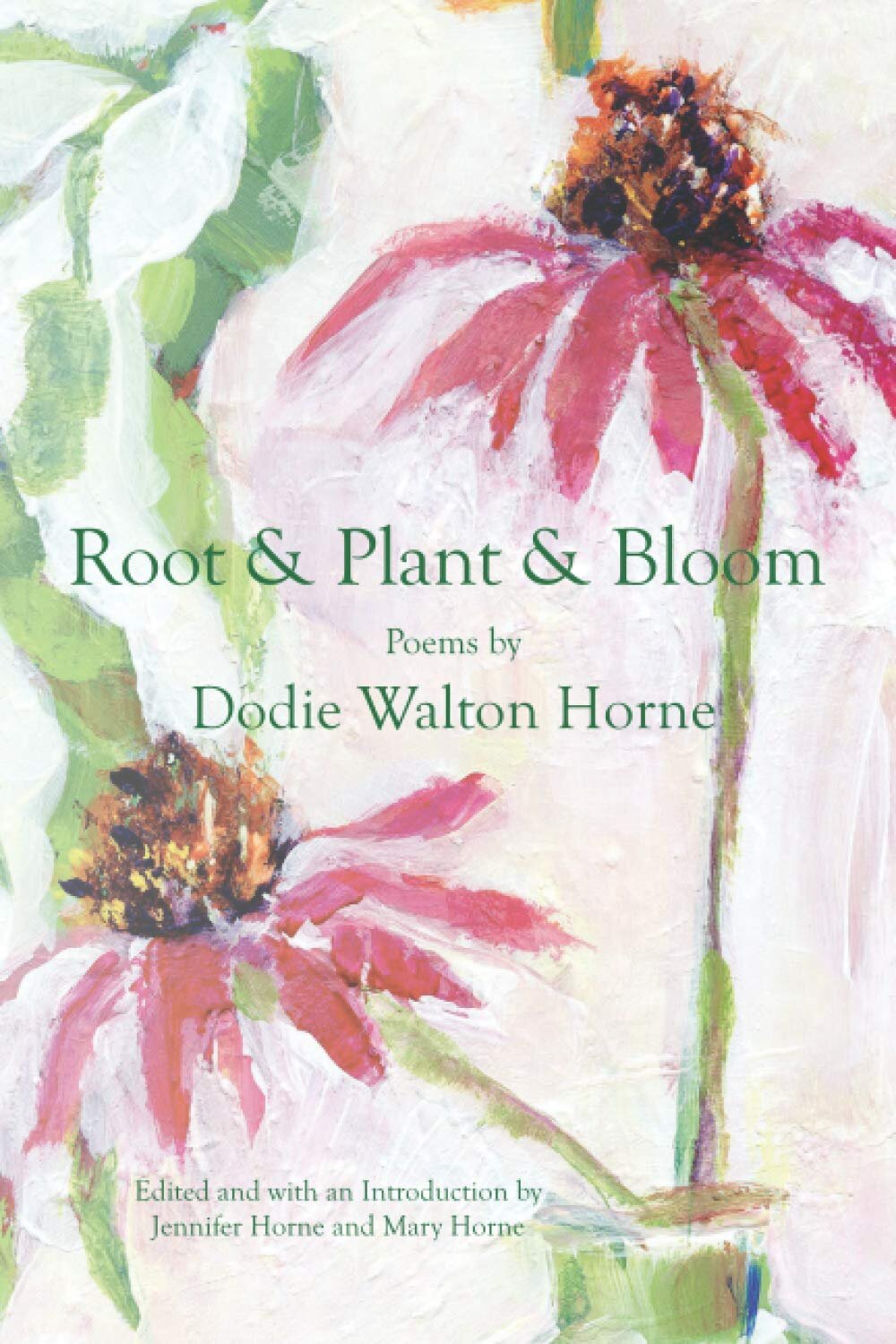
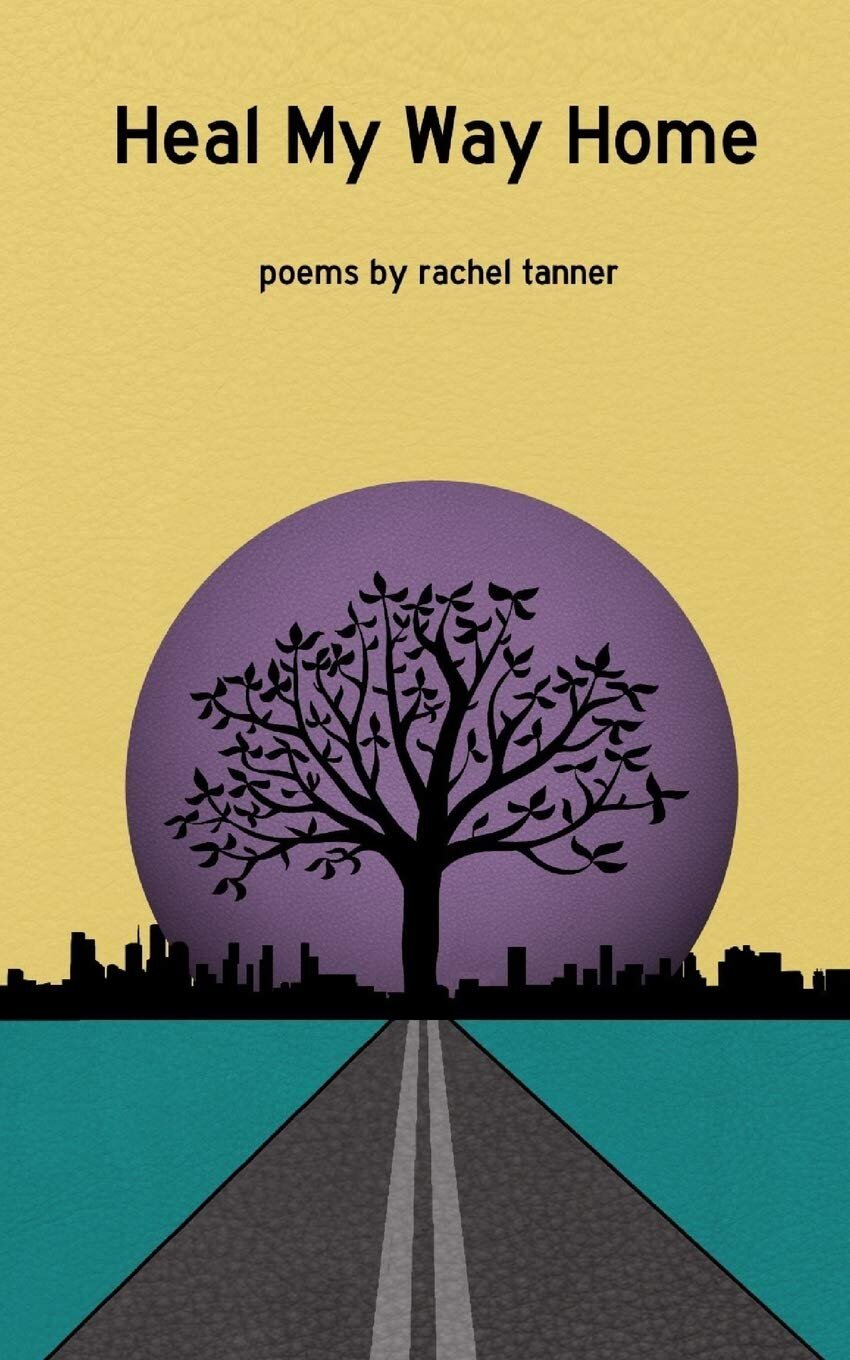
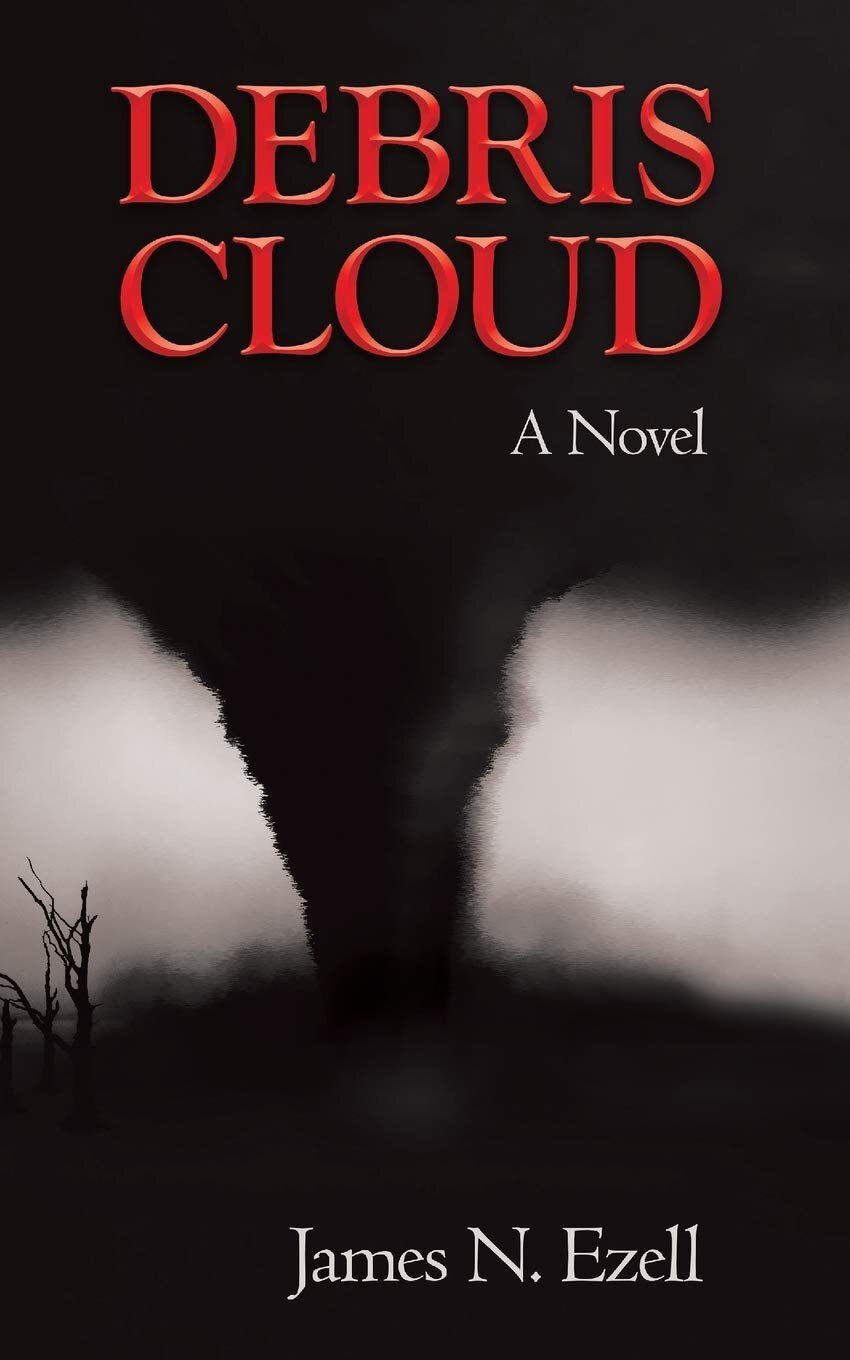
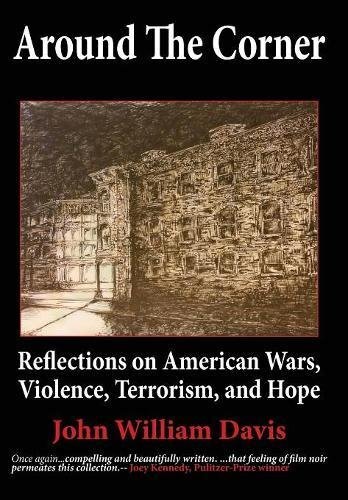
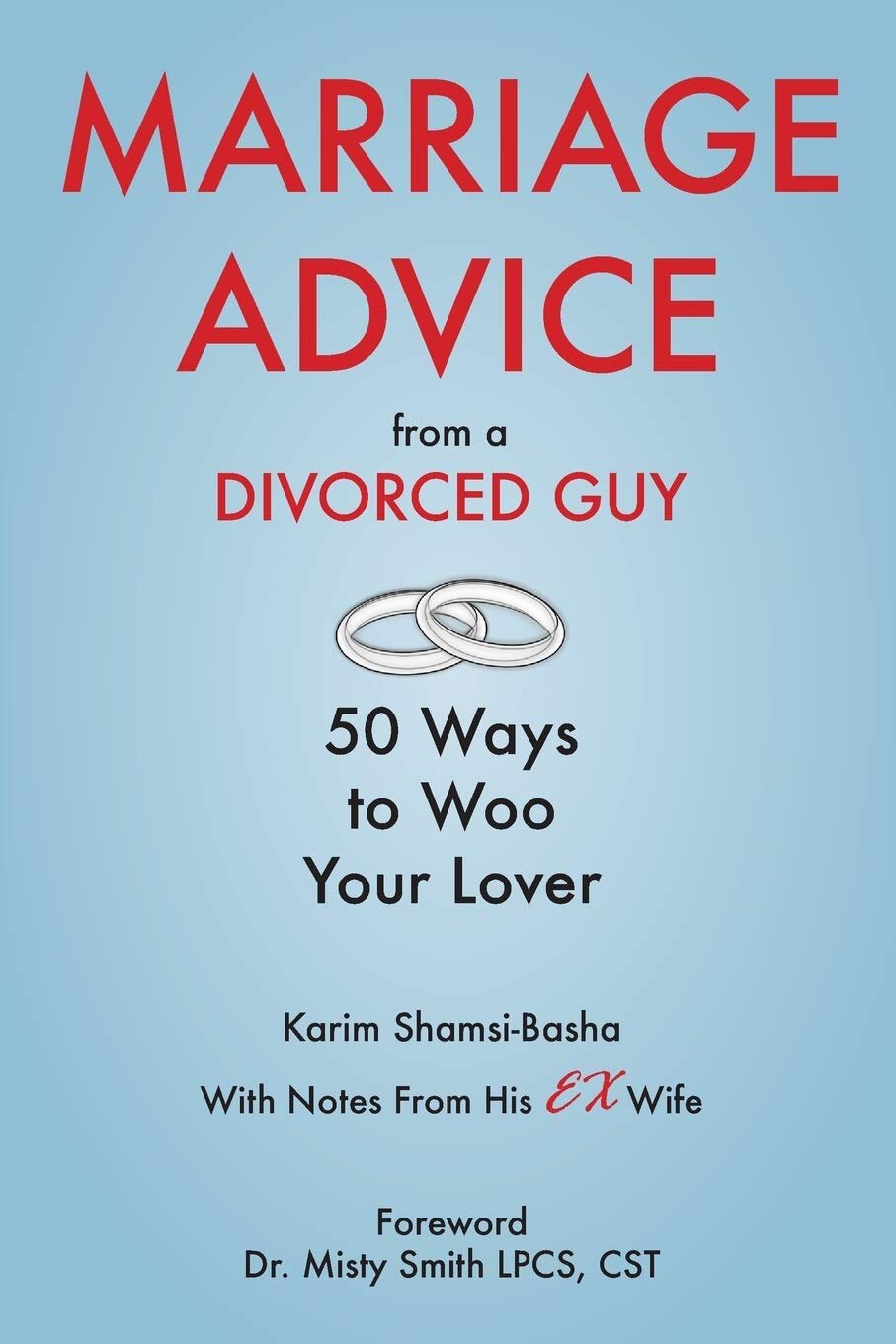
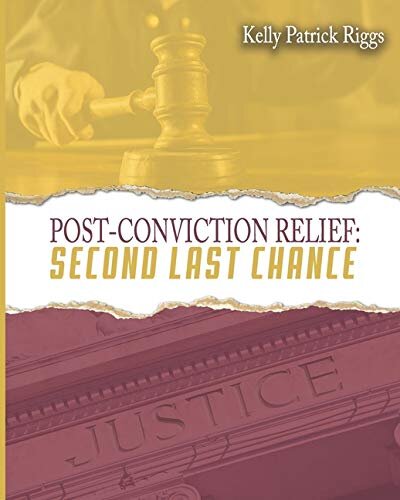
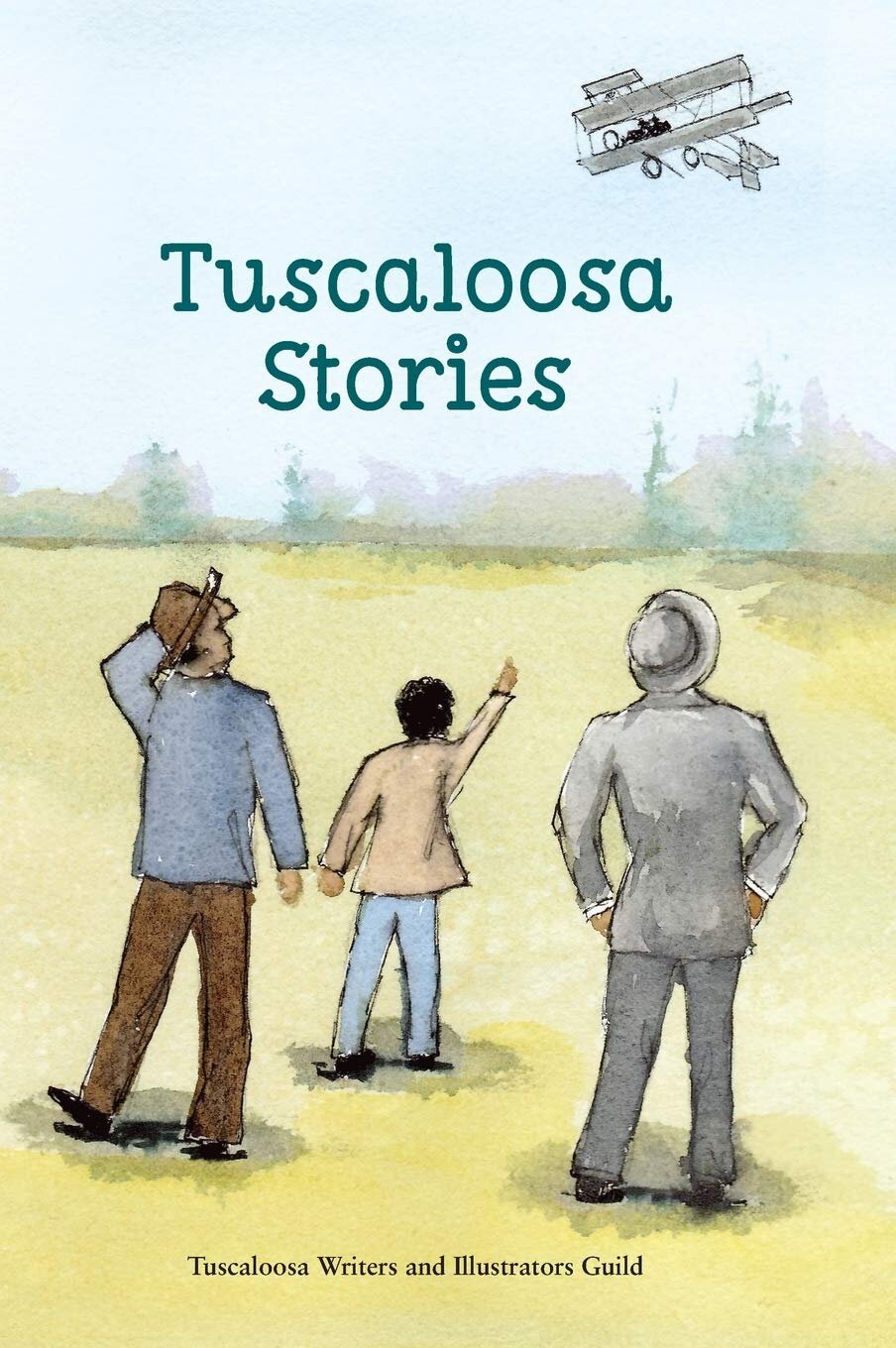
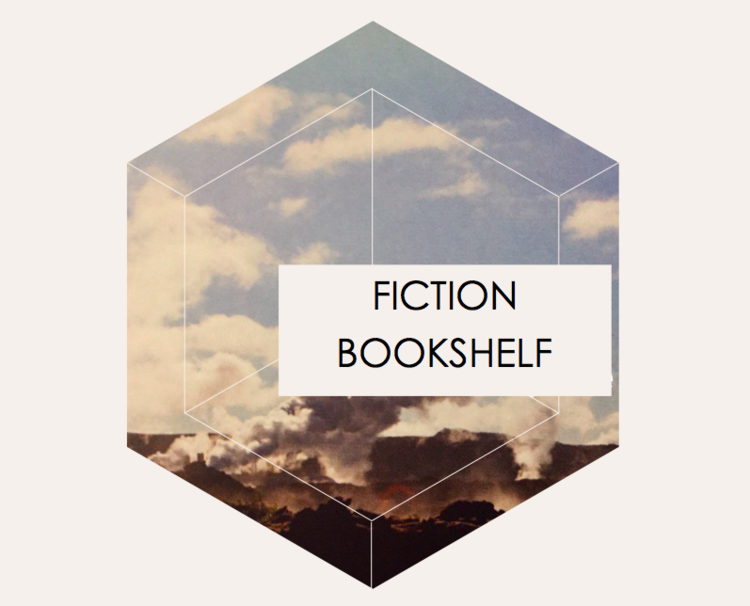
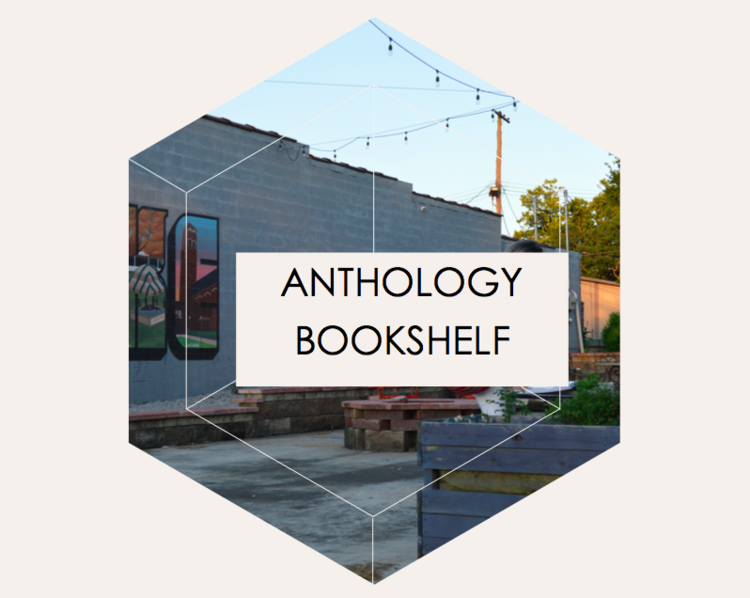
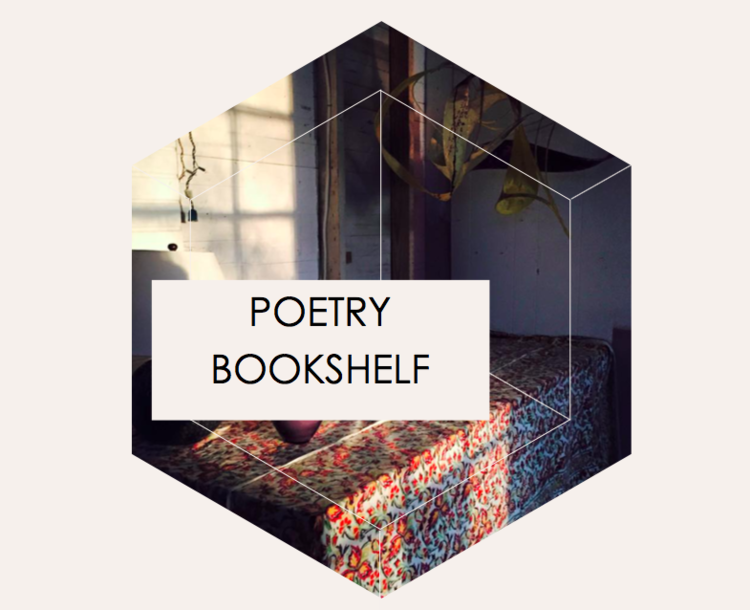
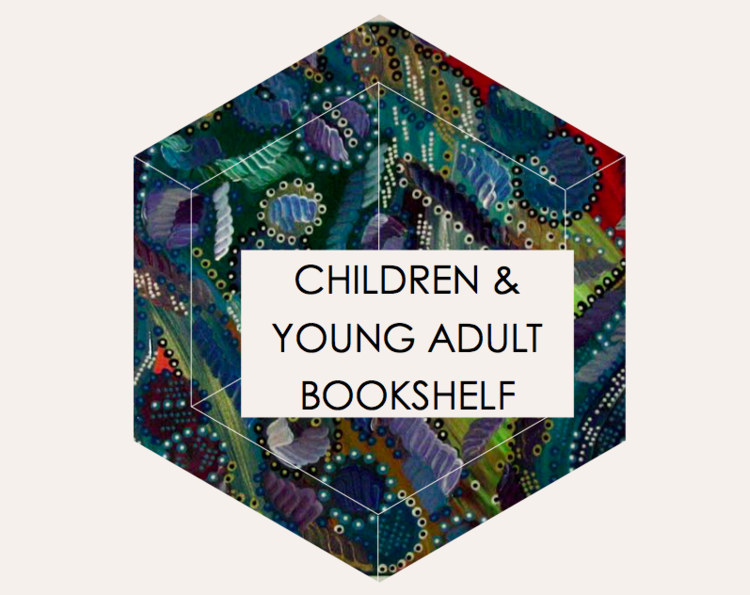
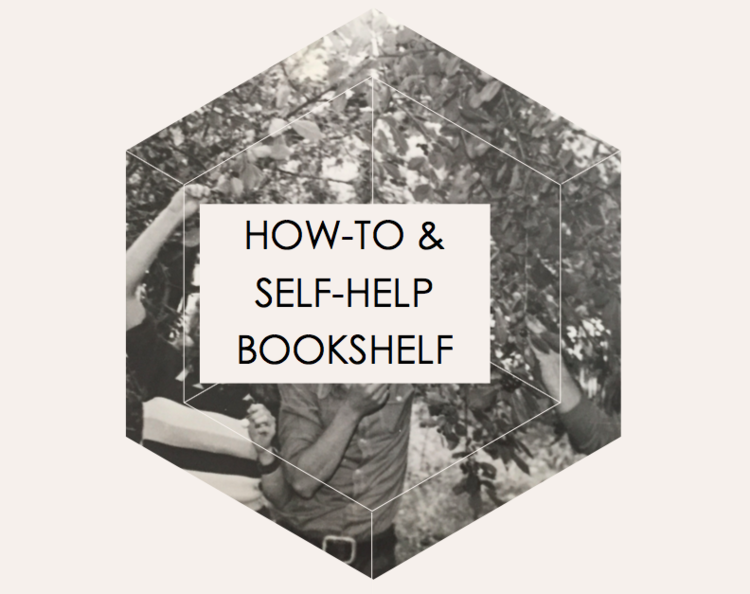
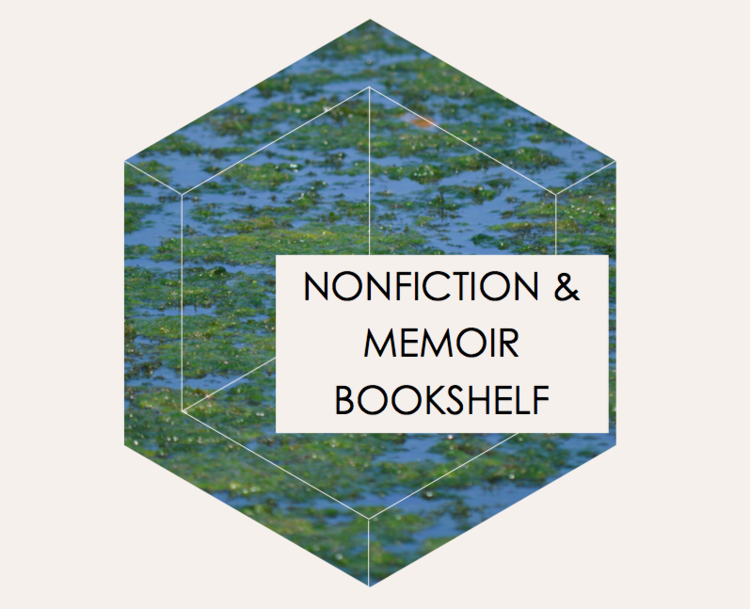











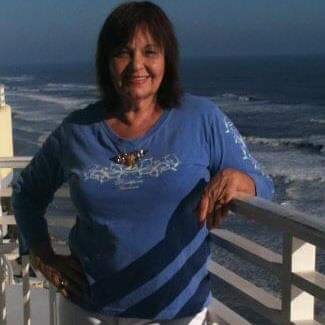
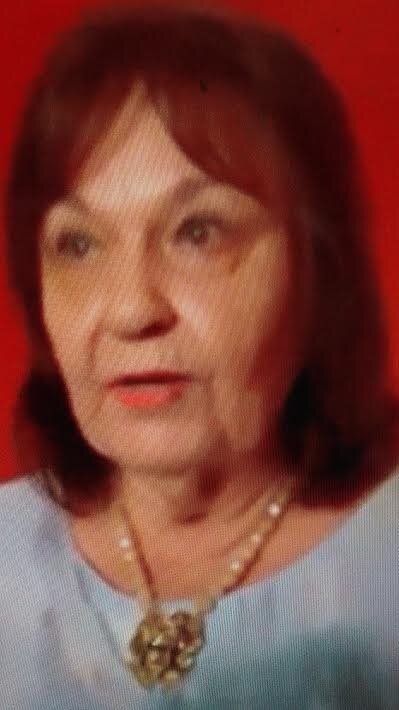

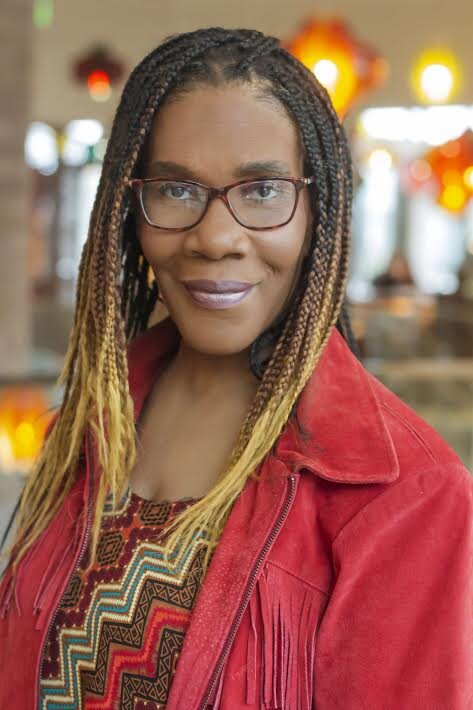
![Angela Jackson-Brown [Photo credit: Chandra Lynch, Ankh Productions]](https://images.squarespace-cdn.com/content/v1/58b5c621b3db2b8dfefc9e85/1596845620114-VF164FDLTMCTVJQW2QTV/0-7.jpeg)


